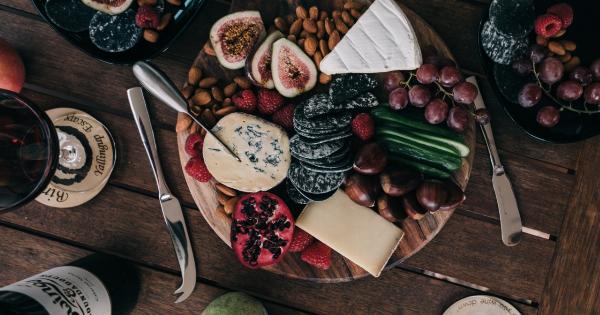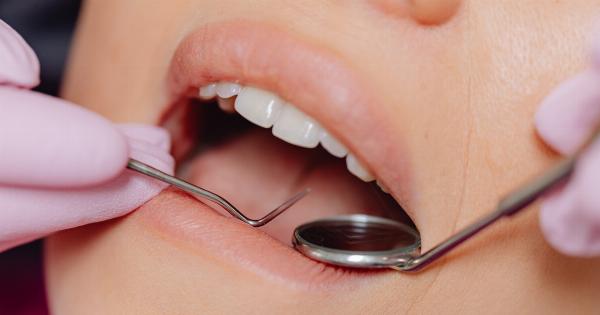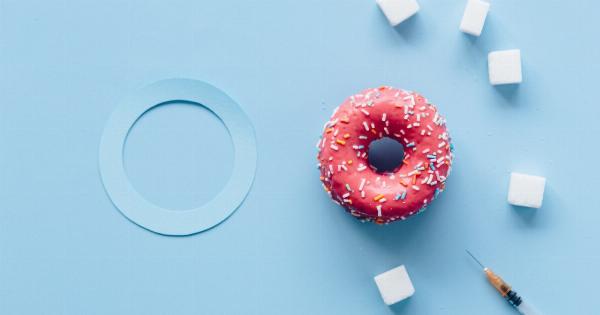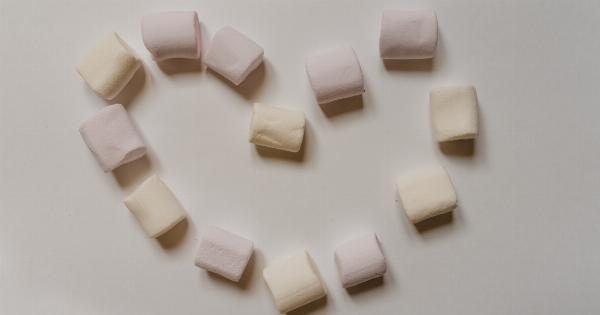Collagen is a protein that is essential for the structure, strength, and elasticity of your skin, joints, and other tissues.
However, some common everyday foods and drinks can undermine your natural collagen production and break down the collagen you already have, leading to premature aging, wrinkles, sagging, joint pain, and other health problems. Here are some of the top collagen-destroying foods you may be eating.
Sugar
Sugar is one of the worst enemies of collagen, as it triggers inflammation in your body, damages your cells and tissues, and creates harmful molecules called advanced glycation end products (AGEs) that cross-link with collagen fibers and make them stiff and brittle. That means that consuming too much sugar can cause wrinkles, fine lines, dark circles, sagging, and other signs of aging, as well as weaken your skin’s ability to heal, protect, and renew itself.
Processed Meat
Processed meat products like ham, bacon, sausages, and hot dogs are high in salt, preservatives, and nitrates, which can damage your blood vessels, impair your circulation, and decrease your collagen production and quality.
Moreover, these meats are often cooked at high temperatures or smoked, which can release harmful compounds called polycyclic aromatic hydrocarbons (PAHs) that further damage your skin and joints.
Alcohol
Alcohol is another collagen-destroying culprit, as it dehydrates your body, causes oxidative stress, and damages your liver, which is a key organ for collagen synthesis and metabolism.
In addition, alcohol can weaken your immune system, disrupt your sleep, and reduce your vitamin and mineral intake, all of which can compromise your skin’s health and appearance.
Caffeine
Caffeine is a stimulant that can boost your alertness, mood, and energy, but it can also interfere with your collagen production and repair.
That’s because caffeine is a diuretic that can dehydrate your skin and joints, and it can also inhibit the absorption of some nutrients that are essential for collagen, such as calcium, zinc, and vitamin C. Moreover, caffeine can cause blood vessel constriction, which can reduce your skin’s blood flow and oxygen supply, leading to dullness, dryness, and wrinkles.
Acidic Foods
Acidic foods like citrus fruits, tomatoes, vinegar, and pickles can erode your tooth enamel, trigger acid reflux, and harm your gut microbiota, which can affect your collagen production and quality.
That’s because your gut is responsible for absorbing and processing the nutrients that are necessary for collagen synthesis and maintenance, and if it’s compromised by acidic foods, you may experience inflammation, bloating, and other digestive issues that can weaken your skin and joints.
Dairy
Dairy products like milk, cheese, and yogurt are rich in calcium, which is a critical mineral for bone strength and collagen formation.
However, some people may be sensitive or intolerant to dairy, which can cause inflammation, irritation, and acne, and interfere with their skin’s collagen production and function. Moreover, some studies suggest that high intakes of dairy may increase the risk of prostate cancer and breast cancer, as well as weaken the bones and metabolism of some individuals.
Salt
Salt is a mineral that is essential for many bodily functions, but consuming too much salt can lead to high blood pressure, kidney disease, and other health problems that can hinder your collagen production and maintenance.
In addition, salt can dehydrate your skin, reduce your skin’s elasticity, and trigger inflammation, which can contribute to wrinkles, puffiness, and dark circles.
Margarine and Vegetable Oil
Margarine and vegetable oil are often used as substitutes for butter and animal fats, but they may not be as healthy as they seem.
That’s because margarine and most vegetable oils are high in omega-6 fatty acids, which can promote inflammation and oxidative stress, and depress your collagen synthesis and function. Moreover, margarine may contain harmful transfats that can increase your risk of heart disease, while some vegetable oils may be contaminated with pesticides or heavy metals that can harm your skin and joints.
Junk Food
Junk food is a broad category that includes foods that are high in calories, fat, sugar, salt, and preservatives, and low in nutrients, fiber, and antioxidants. Examples of junk food are chips, cookies, cakes, fried foods, and fast food meals.
Eating too much junk food can cause obesity, diabetes, heart disease, and other chronic health conditions that can affect your collagen metabolism and structure. Moreover, junk food can cause acne, dullness, and inflammation in your skin, due to its high glycemic index and low nutrient density.
Canned Foods
Canned foods, such as soups, beans, and fruits, can be convenient and affordable, but they may contain harmful chemicals and additives that can affect your collagen and overall health.
For example, most canned foods are lined with bisphenol A (BPA), a compound that can disrupt your hormones and interfere with your collagen synthesis and function. In addition, canned foods may contain high amounts of salt, sugar, and preservatives, which can cause dehydration, inflammation, and AGE formation in your skin and joints.
Conclusion
Collagen is a crucial protein that keeps your skin, joints, and other tissues strong, flexible, and healthy.
However, consuming collagen-destroying foods and drinks can compromise your collagen production and quality, and accelerate the aging and deterioration of your body. To protect your collagen and your overall well-being, it is important to eat a balanced and varied diet that is rich in fresh, whole, and nutrient-dense foods, and limit your intake of processed, sugary, and fatty foods.
You can also supplement your diet with collagen-boosting nutrients, such as vitamin C, E, and A, omega-3 fatty acids, and antioxidants, and reduce your exposure to environmental toxins, stress, and UV rays, which can also damage your collagen.




























